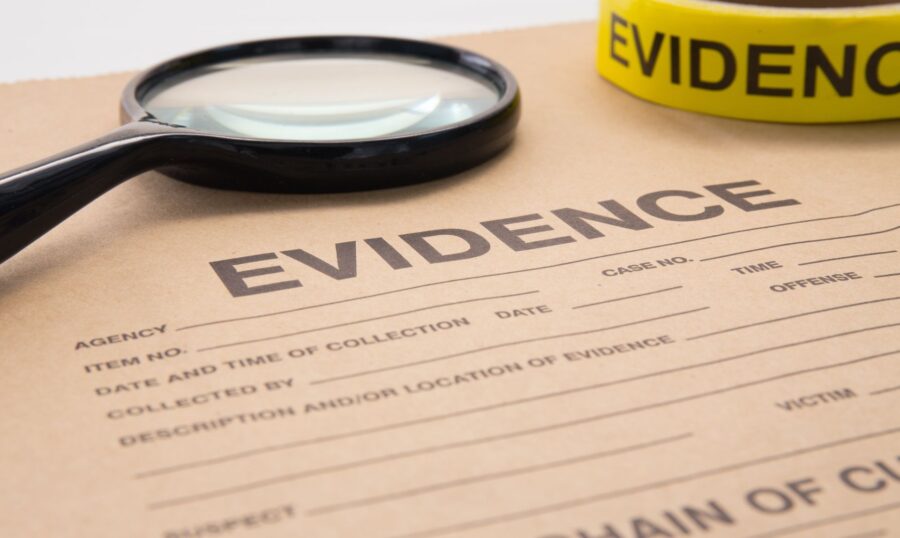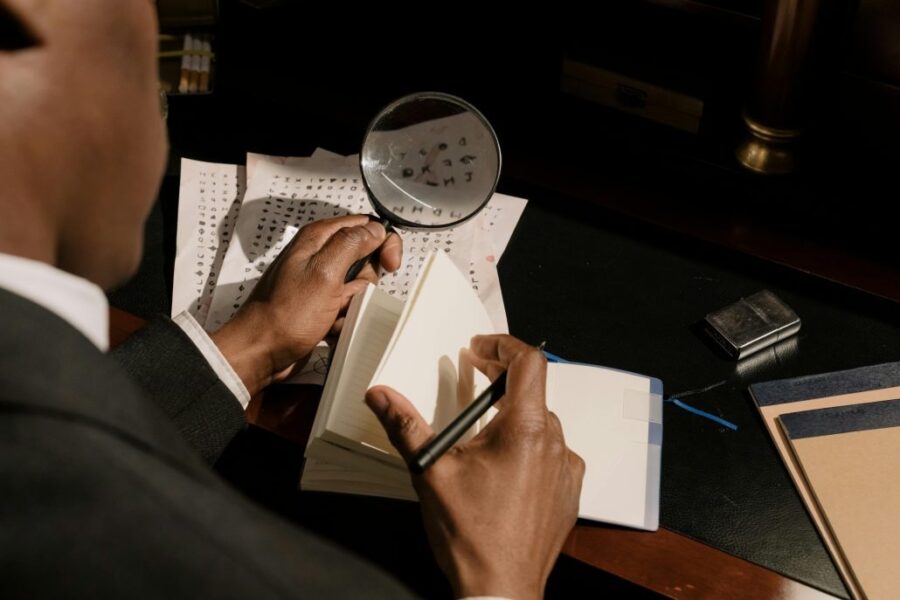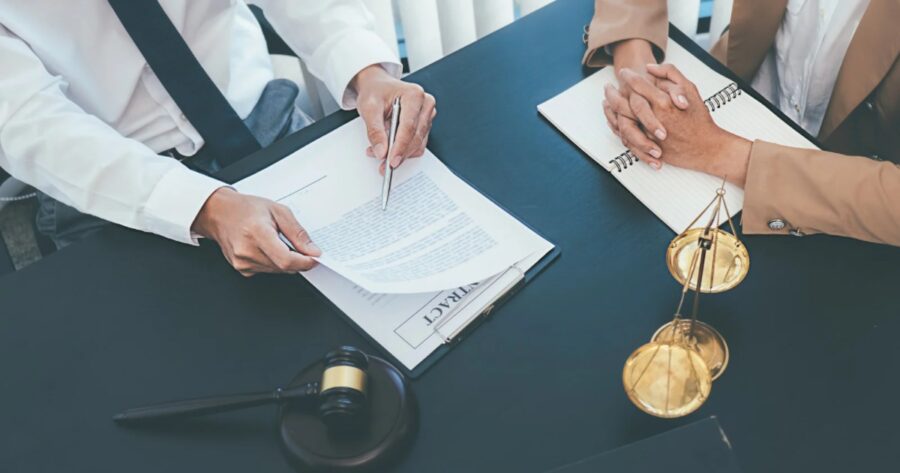Private investigators are essential people when it comes to uncovering hidden information, gathering evidence, and providing assistance in legal proceedings.
While there are no specific educational requirements for one to become a private investigator, the professionals are required to adhere to legal and ethical regulations for integrity purposes.
This ensures that they provide real evidence to the court to avoid injustice and protect individual rights.
These individuals can work in private investigating services, with private clients, or for law enforcement agencies to discover any hidden information trying to be covered.
Let us look at the legal process in private investigations and steps they take to uphold law during their investigations.
Legal Framework Governing Private Investigators

Private investigators are required to abide by local law so that they can provide actual and non-tainted evidence for fair rulings.
Working within a legal framework also enhances their credibility and reliability in courtrooms, where even the slightest error in procedure can lead to the dismissal of otherwise critical evidence.
Privacy Laws
First, they need to abide by the privacy laws that regulate the collection, use, and disclosure of personal information gathered during investigations.
They are required to protect the information they collect from reaching unauthorized persons.
Sensitive information such as health records, financial data, and personal communications must be handled with extreme caution.
Such data should only be presented to relevant authorities or used in court when lawfully acquired and permitted.
When looking for experts in private investigation in Thailand or elsewhere, choose an individual with experience and valid license and registration.
This way, you will be assured of professional services without leaking your sensitive personal information. Also, compliance with privacy laws helps avoid civil lawsuits or criminal charges against investigators themselves.
Evidence Handling

Private investigators are required to handle evidence properly for purposes of integrity and admissibility during legal proceedings. The investigators are expected to follow certain procedures, document evidence, and preserve digital evidence in a legal manner for authenticity and reliability in court.
This includes preserving chain-of-custody records, using forensically sound tools for data collection, and ensuring no tampering or unauthorized access occurs.
Judges in court must verify the truth of the evidence before making any judgment on its basis. If evidence is mishandled or collected unlawfully, it may be ruled inadmissible, significantly harming the client’s case.
Ethical Standards
There are ethical standards outlined by various legal bodies that private investigators must adhere to.
They are expected to be trustworthy and reliable for their evidence to be considered legal in court. Upholding ethical standards makes sure that participants are treated with impartiality, fairness, and professionalism.
Some common ethical practices include avoiding conflicts of interest, maintaining confidentiality, and refraining from using deceptive or manipulative methods that could violate a subject’s rights.
Legal Steps in Private Investigation
Case Assessment and Planning

The first thing an investigator should do before starting an investigation is to examine the scope of a case and potential legal implications.
They work with clients to define investigation goals and establish timelines to achieve desired outcomes while adhering to the law.
This planning stage is also where the investigator identifies potential risks, legal boundaries, and the resources needed to carry out the assignment effectively.
Gathering Information
Information is key in evidence, and that is why investigators should collect all relevant information connected to a case. They do so through interviews, background checks, surveillance, and intelligence research.
Additionally, technological tools such as GPS tracking, social media monitoring, and public records databases are often used to build a fuller picture.
However, investigators must ensure that all methods comply with current laws governing surveillance and data privacy. For instance, wiretapping without consent is illegal in many jurisdictions.
Documentation and Analysis
The investigators analyze and document evidence to identify connections relevant to a case. Documentation could include written reports, forensic analysis, and surveillance logs.
Thorough documentation not only ensures accuracy but also prepares investigators to testify in court and defend their findings.
Advanced tools like data analysis software and forensic imaging can help them uncover digital trails, identify inconsistencies, or confirm patterns of behavior.
Legal Consultation and Report Preparation

They then prepare a detailed report that summarizes findings and conclusions. The report must be factual and objective to be considered. They can consult with legal experts like attorneys to ensure their evidence aligns with the law.
In complex cases, the cooperation between legal advisors and investigators can provide a holistic approach that reinforces the strength of the evidence collected.
Investigators may sometimes be called in legal proceedings to testify as witnesses, where their report and conduct can be scrutinized.
Private investigators might not be legal professionals but are required to adhere to the law in their investigations.
This ensures they are trustworthy in their work, avoids giving impartial evidence, protects their client’s information, and upholds ethical standards.
Investigators should follow specific legal steps during their investigations to achieve desired outcomes while staying within the bounds of the law.
Ultimately, the role of a private investigator is not only to find the truth but to do so in a way that respects individual rights, supports the legal system, and withstands judicial examination.

